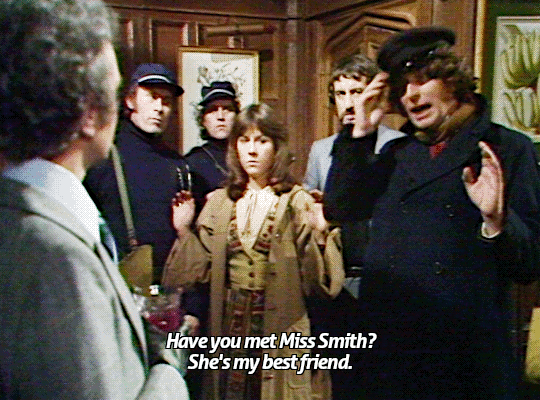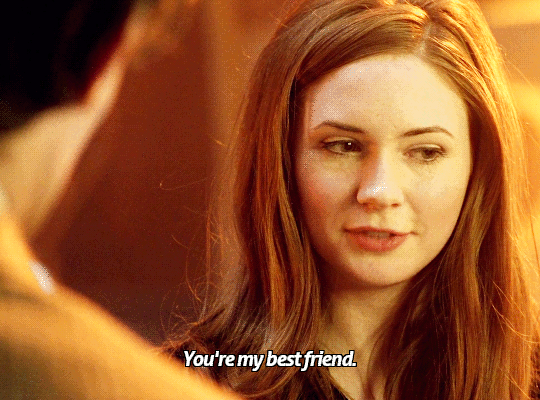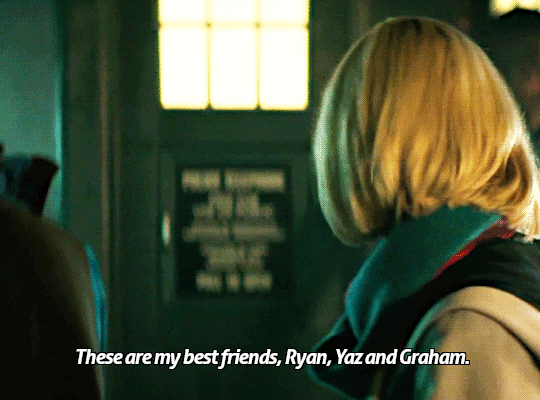Just me blogging. Pro Jedi Order. Pro Timeless Child. Pro Kataang. Pro Maiko. Pro MCU for the most part more to add when I feel like it .
Don't wanna be here? Send us removal request.
Text
Yoda: *gives advice to anakin*
Anakin: *doesn't follow advice, falls to the dark side*
Fandom: of course he fell, yoda's advice sucked!

71 notes
·
View notes
Photo







Ever salute so bad you get the army’s attention?
Keep reading
122 notes
·
View notes
Text




MORE - 08/15/25 Hayden throwing out the ceremonial first pitch at Wrigley Field, Chicago for Chicago Cubs vs Pittsburgh Pirates
124 notes
·
View notes
Text
my favourite thing is probably the scientific name of the Grizzly bear.
It’s Ursus arctos horribilis. “ursus” meaning bear in Latin and “arctos”, bear in Greek.
so essentially a grizzly is a “horrible bear bear.”

480K notes
·
View notes
Text
Sometimes you'll see a description of Anakin that's like. Are you sure you don't mean Darth Maul
277 notes
·
View notes
Text
Yeah, it all boils down to parenting. I’m fine with kids running around the stores and like what I don’t like. Is kids having tantrums. I get having a meltdown because certain kids be neurodivergent or they’re just that young. Don’t understand what’s going on in the case of the younger or feel overwhelmed in the case of those who are neurodivergent. I get that screaming can be annoying. Goodness knows I hear plenty of it where I work but at the end of the day, I am much more forgiving of smaller kids and kids who are clearly neurodivergent that other kids that I can clearly see are having temper tantrums. And usually you can tell because the kid is old enough to appear to know how to behave but refuse to behave and also there’s usually a parent who is either too preoccupied and doing something else by which I mean something that they’re interested in and not the kids or don’t know what to do or worst are just as bratty as the children so they’re just imitating their parents.
Apparently there’s a “kids shouldn’t be allowed in grocery stores” thing being spread on TikTok because they might scream or run around and look yeah that’s annoying but at a certain point you’ve gotta just put up with kids being a little annoying in public. Sure the kid pouring milk in the isles is the fault of a shitty parent and should be asked to leave, but a single mom with an otherwise controlled by crying toddler isn’t doing anything wrong. I think you’ll live if someone’s two year old starts screaming in their arms in isle 3. It might be annoying but that mom is probably having a worse day than you
38K notes
·
View notes
Text
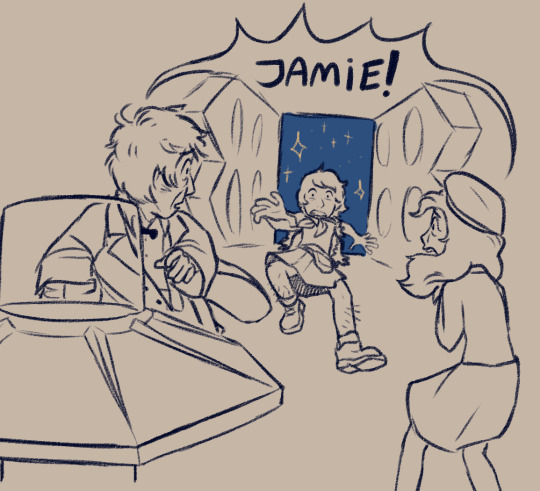
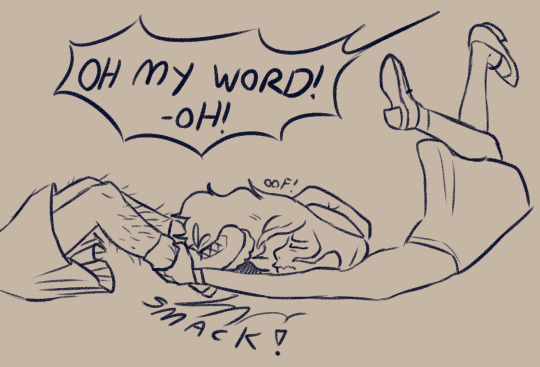
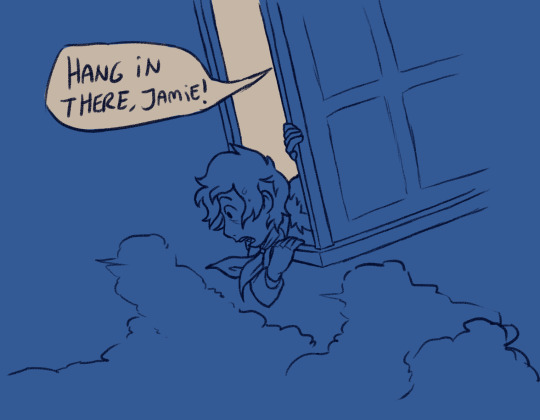
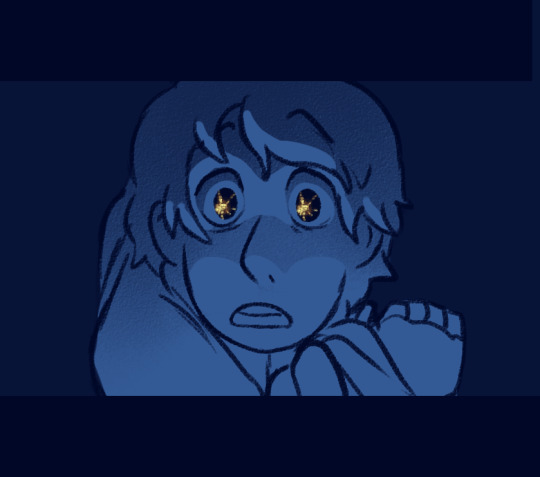
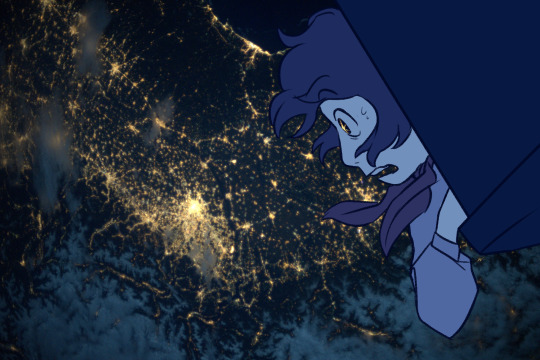
"Travelling with the Doctor is so dangerous! I don't know how you do it.."
1K notes
·
View notes
Text




MR TERRIFIC & KRYPTO SUPERMAN (2025), dir. James Gunn

2K notes
·
View notes
Photo
Hilariously the mistress a.k.a. the master loathed to be compared to the monk





MONK: Anyway, it was better than 1066. DOCTOR: Yes, I suppose so. SARA: What’s he talking about, 1066? STEVEN: It’s all right. We’ve met the Monk once before. I’ll explain later. DOCTOR: And you returned here for one obvious reason, did you not? MONK: I’m afraid so, Doctor. Revenge is a strange thing, isn’t it?
We just really love any scene between the Doctor and the Monk who are the perfect double act.
32 notes
·
View notes





